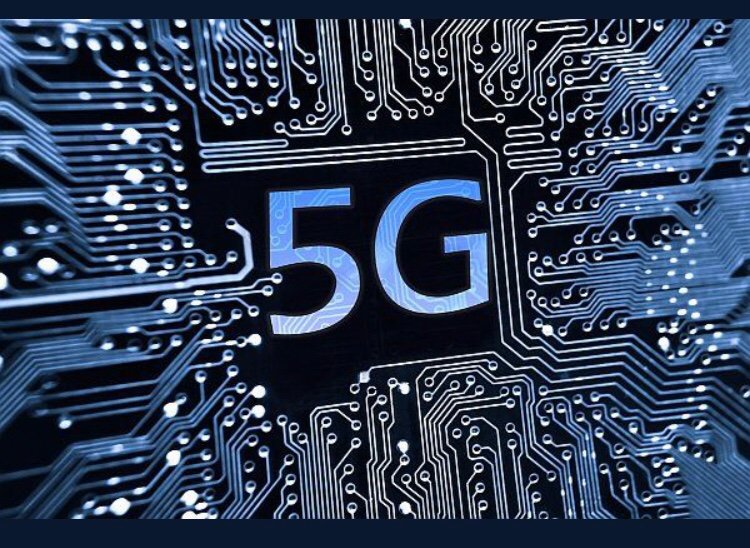Explore how South Africa has taken the lead in embracing 5G technology in Africa, despite infrastructure challenges. Learn about the progress made, the impact on internet quality, and the competition among mobile operators.
In the expansive realm of African telecommunications, the journey of adopting 5G technology is a tale of promise and obstacles. Despite a GSM Association (GSMA) report’s projection that 5G would constitute only 4% of total connections in Sub-Saharan Africa by 2025, South Africa emerges as a standout, spearheading the continent’s 5G revolution.
South Africa’s venture into 5G commenced with Rain, a data-only network provider, making history as the first telco in Africa to commercially launch the network in September 2019. This pioneering move positioned the nation at the forefront of embracing 5G technology.
Vodacom, one of South Africa’s leading mobile operators, marked a significant milestone by introducing its commercial 5G network in pivotal cities like Johannesburg, Cape Town, and Pretoria in May 2020. MTN quickly followed suit, rolling out 5G services across 100 network towers in diverse South African cities the following month.
South Africa’s bold strides ignited a wave of 5G deployments across the African continent. In 2021, countries such as Botswana, Zimbabwe, Nigeria, Tanzania, and Zambia joined the 5G era, riding the momentum set in motion by South Africa.

Nevertheless, South Africa’s 5G journey, akin to the rest of Africa, encountered formidable challenges. The widespread rollout of 5G necessitates substantial investments in infrastructure, particularly in fiber networks. This demand ignited intense competition among South African mobile operators, all vying for supremacy in the burgeoning 5G landscape.
While South Africa boasts the continent’s fastest internet speed, with an average mobile internet download speed of 68.9 megabits per second (MBps), it falls marginally below the global average of 77.7 Mbps. According to the 2022 Digital Quality of Life Index (DQL) by Surfshark, South Africa’s internet quality ranks 62nd globally and lags 8% behind the worldwide average.
South Africa contends with persistent issues like load shedding, which disrupts power supply and presents a potential challenge to 5G technology. Furthermore, experts have noted that 5G has not fully delivered on its promise of lightning-fast connectivity.
Ironically, South Africans are among the world’s most fervent internet enthusiasts, spending an average of 578 minutes (nine hours and 38 minutes) online daily, exceeding the global average by three hours.
In closing, South Africa’s prominent role in Africa’s 5G revolution is unmistakable, despite infrastructure hurdles and fierce mobile operator competition. As the nation races forward in the digital era, the impact of 5G technology on South African connectivity remains a captivating narrative to follow.





